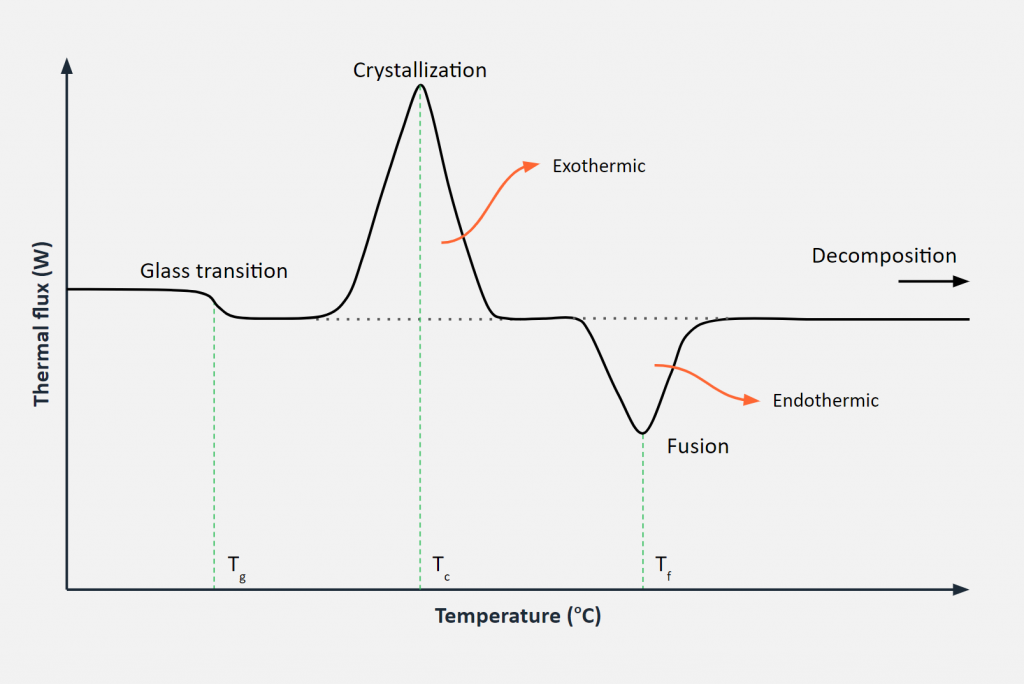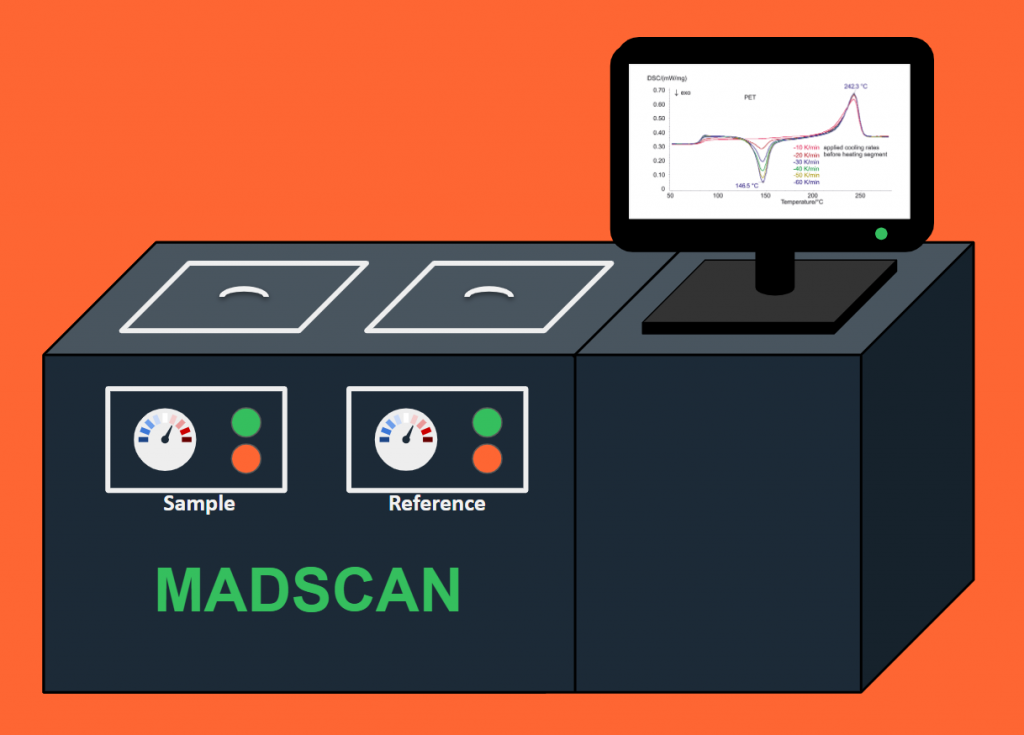Knowing the quality, composition and degradation of recycled plastics is crucial for a circular economy. Due to insufficient instrumentation, the largest hurdles in the recycling industry are of a technological nature. Veridis aims to break through the rigid system with a technological push that can enable the industry to take the needed steps for an effective transition to a more circular economy. Plastic sorting and analyzing can be done via several techniques, which all have benefits and drawbacks. Most commonly used are optical scanning, via infrared, and thermal scanning, the new technology of Veridis is also based on the latter.,
The optical scanning techniques cannot properly identify darker plastics, which is exactly the type of plastic and colour mostly used in electronics, appliances and other high-end plastic products. Additionally, it is less accurate and cannot detect whether polymers have degraded, nor what influences additives might have had on the material.
Thermal analysis on the other hand, is far more accurate, as it heats plastics up to 300 degrees Celsius and reads the reaction the material undergoes at certain temperatures. However, the current technique can only tell the material properties of a sample between 1-20 mg or smaller. This is far below the industrial need. Our team is developing a radically different and innovative technique based on Differential Scanning Calorimetry (DSC) technique, upscaling the sample size to 500 grams.

Differential Scanning Calorimetry, is a thermal analysis technique that looks at how a material’s heat capacity (Cp) is changed by temperature. A sample of known mass, as well as a reference chamber, are heated or cooled with a constant heating rate and the changes in the sample heat capacity are tracked as changes in the heat flow compared to the reference chamber. This allows the detection of transitions such as melts, glass transitions, phase changes, and curing. Because of this flexibility, since most materials exhibit some sort of transitions, DSC is used in many industries, including pharmaceuticals, polymers, food, paper, printing, manufacturing, agriculture, semiconductors, and electronics. Using the DSC technique, a material fingerprint can be recovered for different types of plastics, making it possible to detect plastic fractions in homogeneous plastic batches. Typical DSC measurement output is shown on the left.

The patent pending Veridis MADSCAN (MAssive DSC ANalysis) is the first DSC type built with the requirements for recycling in mind. This involves minimizing the sample preparation, optimizing sample size and making the interpretation and evaluation of the results as easy and intuitive as possible. The Bulk-DSC specifications are displayed below.
Being a scale-free DSC device, MADSCAN gives clients a unique material fingerprint of their polymers that is representative for larger batches of material. This makes it possible to ensure the highest accuracy in plastics analysis whilst not disrupting the in-line processes and increases the commercial value up to 25%, allowing current low-value plastic waste streams to become high-value plastic streams. With these unique properties Veridis aims to set a new standard for recycling quality.

